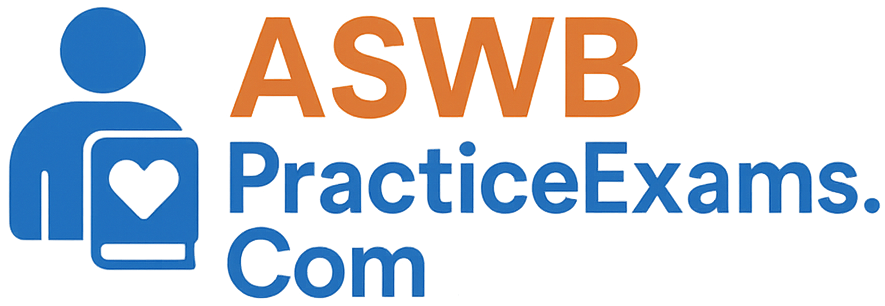Introduction
Preparing for your licensure test? The ASWB Practice Exams/ASWB Practice Tests are a crucial resource for anyone planning to take the Association of Social Work Boards (ASWB) exam. Whether you’re aiming for the Bachelors, Masters, or Clinical level, these practice exams help simulate the real testing experience, improve your knowledge, and boost your confidence.
Overview
The ASWB offers licensing exams required for social work professionals in the United States and Canada. These exams are computer-based and assess the knowledge, skills, and abilities needed to safely and effectively practice social work. ASWB Practice Exams are official study tools developed to mirror the structure, question types, and difficulty of the real test.
Features of ASWB Practice Exams
-
Realistic Format: Questions are modeled after those found in the official exam.
-
Timed Mode: Simulates actual exam timing to improve pacing.
-
Immediate Feedback: Get detailed explanations for correct and incorrect answers.
-
Diagnostic Reports: Identify strengths and weaknesses for targeted studying.
-
Official Content: Created by the ASWB, ensuring alignment with real test standards.
What Does the ASWB Exam Cover?
Each ASWB exam version (Bachelors, Masters, Advanced Generalist, Clinical) includes specific content areas. In general, the topics include:
-
Human Development, Diversity, and Behavior in the Environment
-
Assessment and Intervention Planning
-
Direct and Indirect Practice
-
Professional Relationships, Values, and Ethics
The Clinical exam adds mental health diagnoses, psychotherapy theories, and supervision practices.
The content varies depending on the level of licensure:
Bachelors Exam
-
Human development, behavior, and diversity
-
Assessment
-
Interventions
-
Ethics and professional conduct
Masters Exam
-
Clinical assessments
-
Treatment planning
-
Therapeutic relationships
-
Social work values
Clinical Exam
-
Advanced psychotherapy methods
-
Mental health diagnosis (DSM-based)
-
Client engagement techniques
-
Professional use of self and supervision
Requirements for Taking the ASWB Exam
To sit for an ASWB exam, candidates must:
-
Hold a degree from a CSWE-accredited social work program
-
Apply for licensure through their state board
-
Receive approval and authorization to test (ATT) from the ASWB
-
Schedule the exam through Pearson VUE test centers
Additional Study Resources
To further boost your score, consider pairing ASWB Practice Exams with:
-
📘 Study Guides like the ASWB Exam Guide by Dawn Apgar
-
🎥 Online Prep Courses on platforms like Social Work Test Prep or Pocket Prep
-
🧑🤝🧑 Study Groups – Share insights and motivation with fellow test takers
-
🗂 Flashcards – Ideal for memorizing theories, terms, and models
-
📱 Mobile Apps – Practice on the go with apps that simulate questions
Tips for Effective Use
-
Start early. Don’t wait until the last minute to begin taking practice tests.
-
Use them as benchmarks. Track your progress by taking a full-length test every 1–2 weeks.
-
Create a study plan. Use performance data to target weaker areas.
-
Mimic real conditions. Use a timer and quiet space to simulate the exam environment.
-
Take breaks wisely. Train your brain for endurance by practicing full 4-hour sessions.
Frequently Asked Questions (FAQs)
Q: How many questions are on the ASWB exam?
A: The exam contains 170 multiple-choice questions, but only 150 are scored.
Q: Are ASWB Practice Exams reusable?
A: No. Once completed, official ASWB Practice Exams cannot be retaken with new questions.
Q: Can I take the practice test on a mobile device?
A: It’s best to use a desktop or laptop for a realistic experience, especially in timed mode.
Q: How do I know which exam level to take?
A: Your state’s licensing board will determine your eligible exam level based on your degree and supervision.
Conclusion
Success on your licensure journey starts with proper preparation, and the ASWB Practice Exams offer the closest experience to the real test. Combine them with structured study plans, quality resources, and consistent effort, and you’ll be on your way to becoming a licensed social worker. Don’t leave your future to chance—start preparing the right way today.
